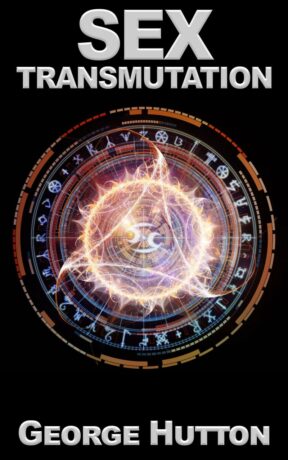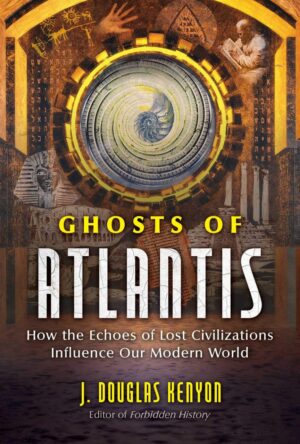Skip to content
🕵️🐷🕵️ zero-day🕵️🐷🕵️
"We live within the ruins of an ancient civilization whose vast size has rendered it invisible. Remembered in myth as Atlantis, Lemuria, or other lost world archetypes, the remains of this advanced civilization have lain buried for millennia beneath the deserts and oceans of the world, leaving us many mysterious and inexplicable clues.
Investigating the perennial myth of a forgotten fountainhead of civilization, J. Douglas Kenyon presents extensive physical and spiritual evidence of a lost great culture, the collective amnesia that wiped it from planetary memory, and the countless ways ancient catastrophes still haunt modern civilization. He explores evidence of advanced ancient technology, anomalous ancient maps, extraterrestrial influence, time travel, crystal science, and the...>>





